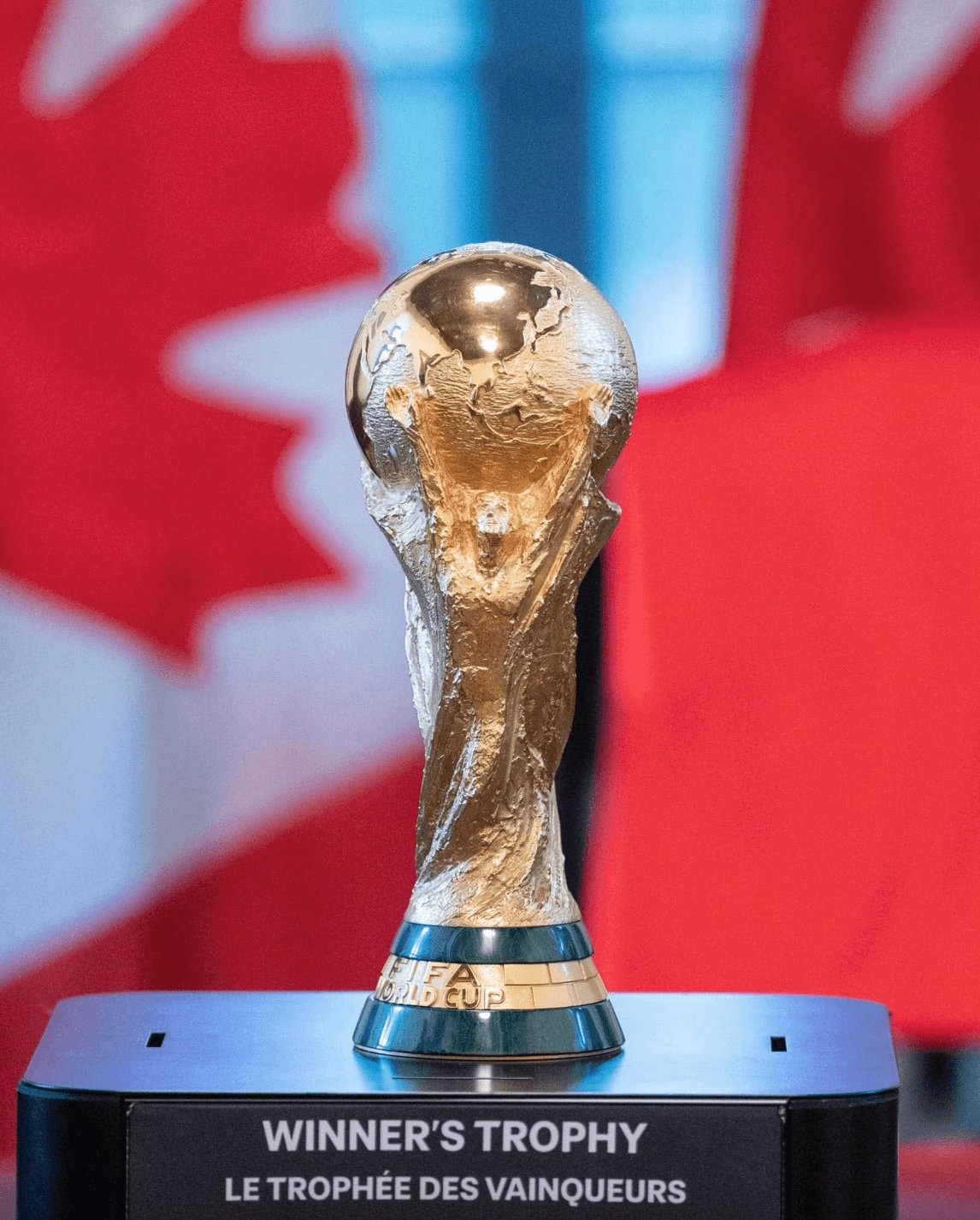As excitement builds for the 2026 FIFA World Cup, which will be co-hosted by Canada, the United States, and Mexico, growing political tensions—particularly in the U.S.—are sparking serious concerns about how the world’s biggest sporting event will unfold.
Set to run from June 11 to July 19, 2026, the expanded tournament will feature 48 teams playing 104 matches, most of them on U.S. soil. But with millions of fans expected to travel across borders, U.S. President Donald Trump’s harsh immigration and trade policies have experts and advocates raising red flags.
From travel bans on 12 countries and proposed restrictions on dozens more, to immigration raids and mass deportations, the unpredictability of Trump’s administration has left many wondering whether fans—particularly from targeted countries—will feel safe crossing into the United States. While exemptions for athletes and team staff exist, analysts warn that the rules could shift at any moment.
“This is all being driven by the United States,” said sports economist Victor Matheson, warning that travel plans could be derailed, or worse, fans could face detention and deportation. Fellow economist Andrew Zimbalist added that even Trump himself likely doesn’t know how he’ll respond to future political pressures: “He responds very impetuously.”
Canada could see up to a million visitors during the tournament, and officials there are coordinating with FIFA and U.S. agencies to ensure smooth and safe border crossings. But some fans may choose to stay in Canada or Mexico entirely to avoid legal and logistical uncertainties tied to the U.S.
Human rights organizations, including Human Rights Watch, have formally expressed concern to FIFA President Gianni Infantino, pointing to a “serious threat” posed by U.S. policies to non-citizens and marginalized groups. Critics argue FIFA is turning a blind eye to worsening human rights conditions, not only in the U.S., but in Canada as well.
Canadian academics and advocates are urging the federal government to take a firm stand and demand accountability from its U.S. partners. “Together or not, the safety of fans and fairness of the games must be non-negotiable,” said sport sociologist MacIntosh Ross.
What was once seen as a hopeful display of unity across North America now risks being more politically charged than the controversial 2022 World Cup in Qatar. As Infantino’s close ties to Trump continue to raise eyebrows, the countdown to kickoff grows more uncertain.






0 Comments